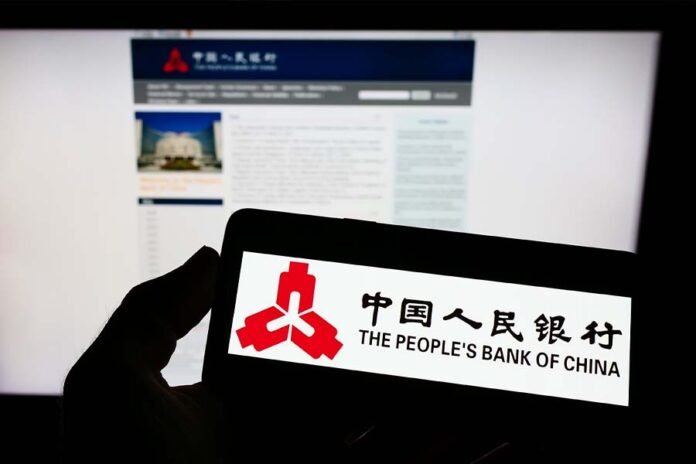Long-awaited regulations on third-party payment services, issued by the People’s Bank of China (PBOC) on 21 June, establish for the first time a legal foundation for the country’s thriving online payments business. However, the regulations do not cover companies with foreign capital (see also New rule introduced to govern third party payments on page 17).
China’s online payments market has been growing at more than 100% a year for the past five years. The market was reportedly worth RMB555 billion (US$81 billion) last year, representing a 136% increase compared to 2008. Analysts expect growth to continue, as more of the country’s 400 million-plus netizens seek to pay for goods online. Industry observers say there are more than 100 online payment companies in the country.
The regulations do not, as some had feared, ban non-bank payment service providers from offering payment services. Such providers will, however, need a licence to conduct third-party payment transactions. Applications for these licences must be made within one year after the policy comes into effect on 1 September.
Non-bank payment service providers will need a registered capital of at least RMB100 million in order to qualify for a nationwide business licence, and should have been making profits for two successive years. This may restrict the entry of newcomers to the market.
The companies will have to report to the PBOC the commission rates they charge for third-party transactions, and will also be subject to periodic checks by the bank.
Lack of regulation has resulted in problems in the past. Some online payment companies have recently been accused of making money through illegal activities. For example, 99Bill Corporation allegedly helped a gambling company to collect funds of over RMB3 billion, and one of its senior officials was detained.
“The policy will help in the healthy development of the online payment industry,” said Cao Fei, an analyst with research firm Analysys International. However, he added the new regulations may be followed by stricter requirements for foreign-funded online payment companies.
Industry insiders said they thought the PBOC’s main reason for restricting foreign players in the industry was to protect ChinaPay, the online payment subsidiary of China UnionPay, China’s government-backed inter-bank transfer network and credit card issuer, from competition from companies like PayPal, the world’s biggest online payments company.
However, it is not just foreign companies like PayPal that are affected. Any company listed overseas – and this is the case with almost all of the major Chinese internet companies – falls into this category. For example, the number one Chinese online payments company, Alipay.com, belongs to the unlisted Alibaba Group, which counts Yahoo! of the US and Softbank of Japan among its biggest shareholders.
On 22 June Alibaba announced that it would apply for an electronic payment licence under the new regulations. The company’s management is reportedly considering hiving off Alipay.
“The licence rule is fair for all online payment companies,” said a member of Alipay’s public relations team.
However, unlike Alipay, another leading online payment service, TenPay is not a separate legal entity. It is an integral part of Tencent Holdings, which is listed in Hong Kong and is partly owned by Naspers, a South African media group. Industry observers say the new regulations may, therefore, require Tencent to restructure its shareholding. The same is true of 99Bill, which is partly owned by US venture capital funds.






















